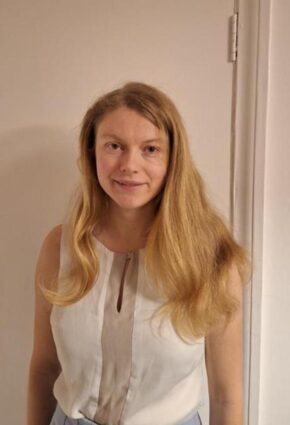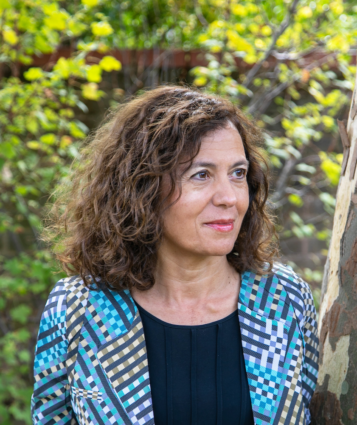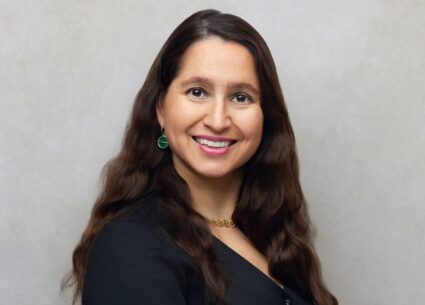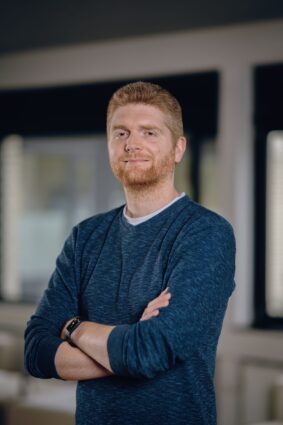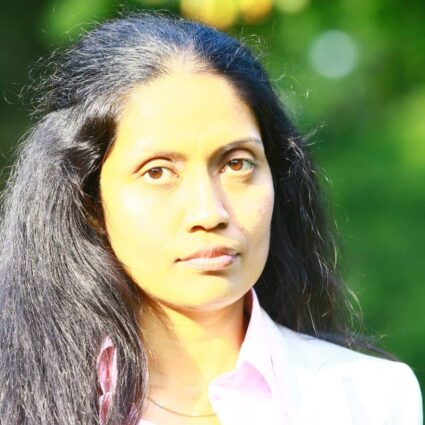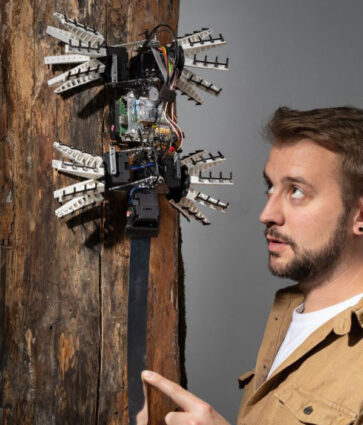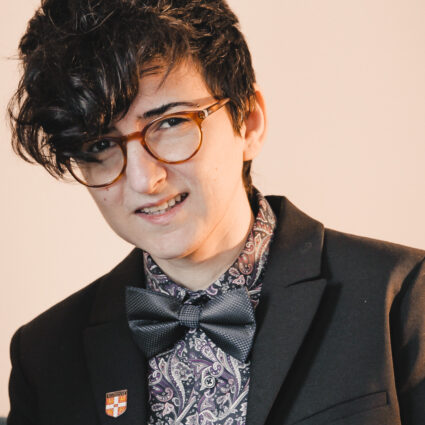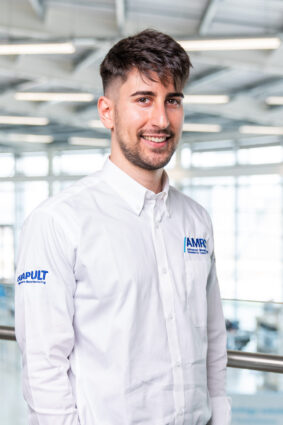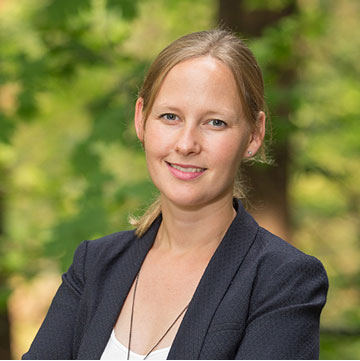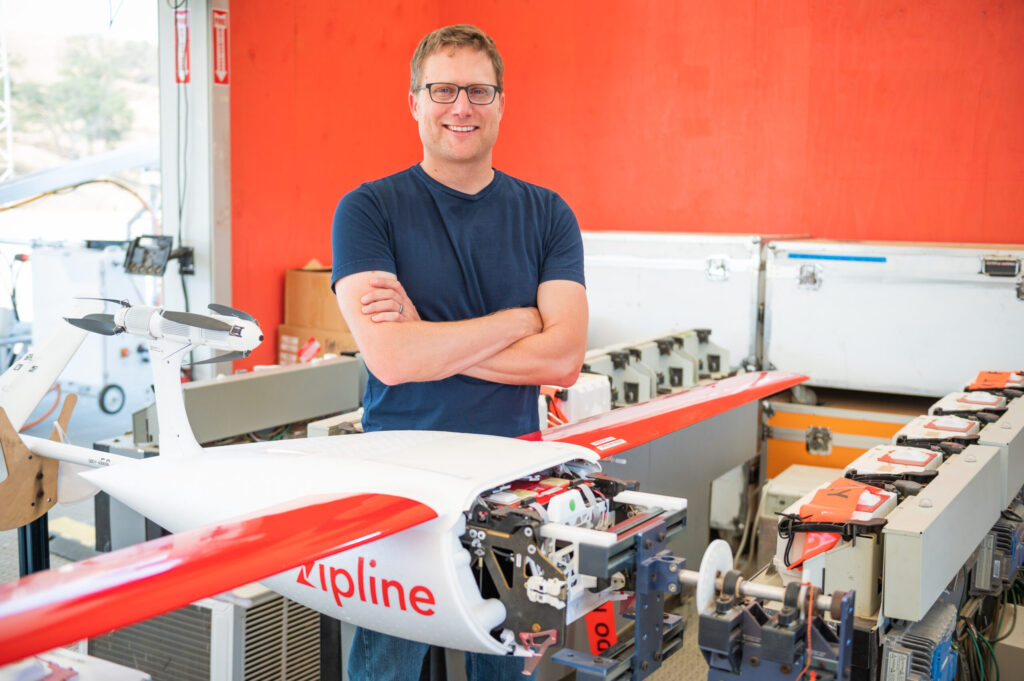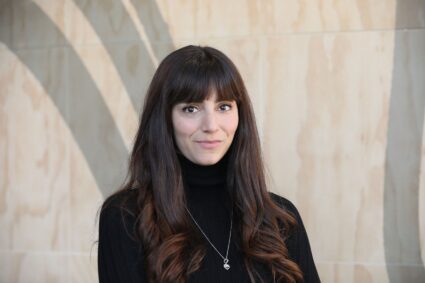
Claire chatted to Tanja Katharina Kaiser from the University of Technology Nuremberg about how applying evolutionary principles can help robot teams make better decisions.
Tanja Katharina Kaiser is a senior researcher heading the Multi-Robot Systems Satellite Lab at the University of Technology Nuremberg (UTN) in Germany. She and her team focus on the development of adaptive multi-robot systems to solve complex real-world tasks using artificial intelligence. Tanja received her doctorate in robotics from the University of Lübeck in Germany in 2022. Before joining UTN, she held postdoctoral research positions at the Technical University of Dresden and the University of Konstanz.

